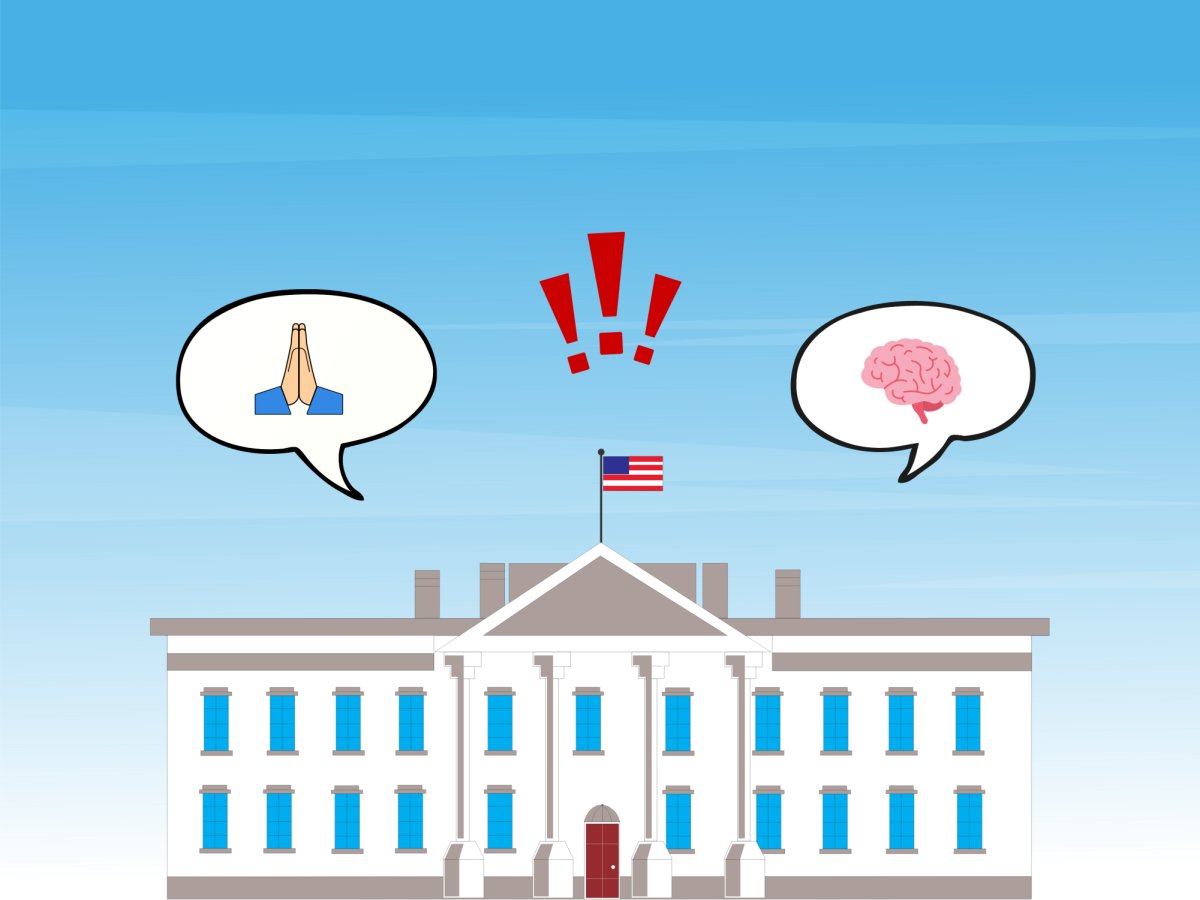Our support for the Black community must continue
While Black History Month is crucial for educating ourselves and others, supporting the Black community cannot be limited to one month out of the year.
Black History Month is a time for us to educate ourselves on the history of the Black community and its achievements, something that is often left out of the American education system. It’s also a time for us to uplift and celebrate Black Americans and their resilience. However, it is important to consistently and continuously educate ourselves and give our support in any way we can at all times.
Many people find issue with the fact that there is a month specifically for Black people. The issue, which is white fragility and thinly-veiled racism, is rooted in ignorance. White history is seamlessly integrated into our society and education, yet Black history is hidden, shielding white America from the brutalities inflicted by the white settlers/colonists on Indigenous people and then on Black people. This is why Black History Month matters; it is a month dedicated to centering and elevating Black voices and experiences.
However, reconstructing the white public memory and dismantling systemic racism requires us to center Black voices after February ends. It is a daily effort we all must make.
Similar to Black History Month, the Day of Dialogue provides a platform for much needed communication and education about all forms of oppression. It’s an opportunity to “build upon conversations about diversity, equity, and inclusion taking place throughout the campus community.”
However, as valuable as the Day of Dialogue is, this should not be the only time people listen and speak about these issues surrounding the lack of diversity, equity and inclusion at St. Joe’s.
A day or a month is not enough to solve the systemic oppression against Black Americans.
Supporting Black lives is an ongoing process; this cannot be a temporary or performative act. In order for real change to take place, we must all continue to facilitate conversations and back up our words with action.
It is just as important, if not more, for white allies to speak up and advocate for these issues. It is easy to ignore the differences and pain of others when you aren’t being directly affected by it. But the Black community does not get to take a break from the racism they deal with. We all must continue these efforts, conversations and actions for any progress to be made.
There are many ways for us all to support the Black community. We must educate ourselves and our peers. There are always resources available, both in and out of our school. Our Center for Inclusion and Diversity has many organizations that support Black, Indigenous and people of color (BIPOC) students: Black Student Union, Bridging the Gap, Asian Student Association and Latinx Student Association just to name a few. Attending these meetings and events as allies are great ways to learn and show support in our own St. Joe’s community.
There are also many easily accessible ways to learn more, through reading, podcasts and even through having conversations with family and friends.
We need to continue to support Black-owned businesses and Black creativity. There are so many places to donate that will support the Black community; Charity Navigator displays a list of charities that will support Black health, community development, civil rights and education.
Our support for the Black community should not be performative, and should not end with Black History Month.

















































